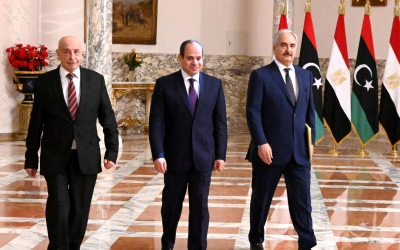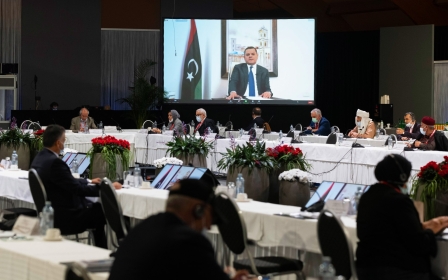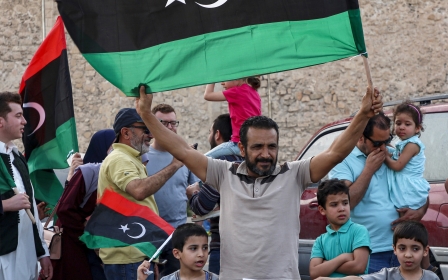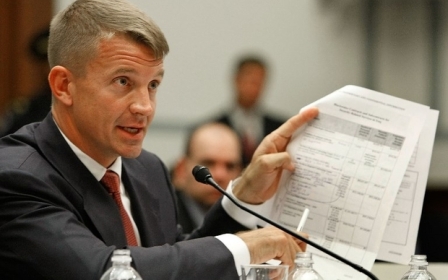Libya peace process threatened by vote-buying allegations
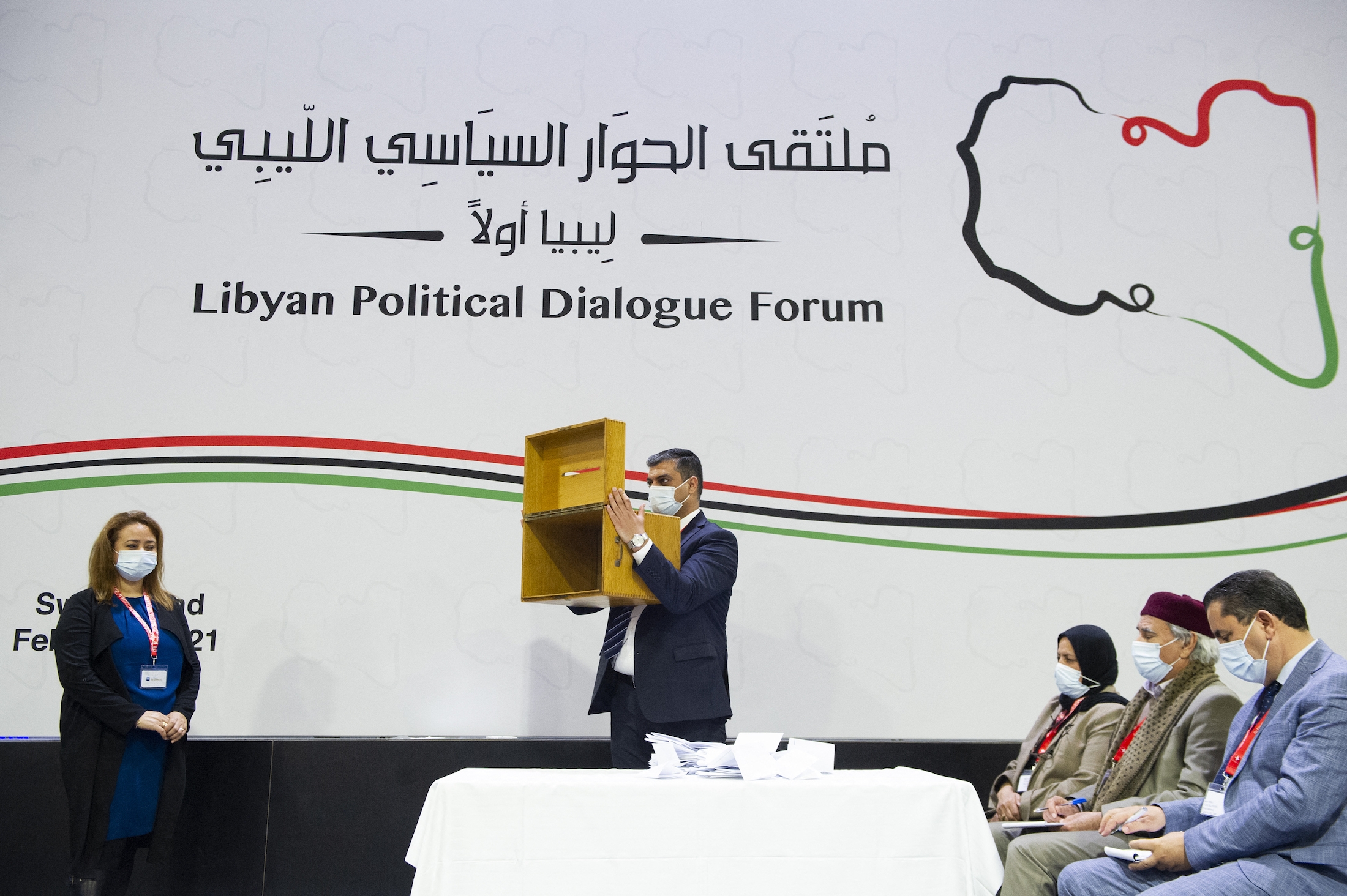
A prominent rival of Libya’s interim prime minister-designate, Abdul Hamid Dbeibah, is calling for an investigation into the legitimacy of his win in last month’s UN-led peace talks following newly emerged bribery allegations.
'If it is proven that votes were bought, this is a crime that cannot be ignored and its perpetrator cannot be allowed to benefit from it'
- Aquila Saleh, eastern-based speaker of parliament
Aquila Saleh, the Tripoli-based speaker of parliament who was also in the running to lead Libya, said investigations were being launched in light of media reports that alleged several participants in the Libyan Political Dialogue Forum (LPDF) were given hundreds of thousands of dollars each in bribes to vote for Dbeibah.
“If it is proven that votes were bought, this is a crime that cannot be ignored and its perpetrator cannot be allowed to benefit from it,” Saleh told The Times newspaper on Tuesday.
The UN launched the LPDF in November, aiming to establish a unified executive in a country governed by rival eastern and western administrations backed by an array of armed groups and foreign powers.
But the initial talks in Tunisia were marred by allegations of vote-buying.
According to AFP, in a report seen by the news agency on Sunday and set to be presented to the Security Council in March, UN experts found that during the Tunisia talks, two participants "offered bribes of between $150,000 to $200,000 to at least three LPDF participants if they committed to vote for Dbeibah as PM".
In a passage of the report, the experts say that one delegate "erupted in anger in the lobby of the Four Seasons hotel in Tunis on hearing that some participants may have received up to... $500,000 for their Dbeibah votes, whereas he had only received $200,000”.
The report was prepared by UN experts tasked with examining breaches of an international arms embargo on the North African country, AFP said.
The Guardian newspaper said the report was due to be published on 15 March, after an investigation into the allegations of bribery was demanded by the then-acting UN special envoy for Libya, Stephanie Williams.
Dbeibah's office has denied the allegations and said he was "monitoring attempts to undermine the process of forming a government and obstruct the process of approving it, by spreading rumours and false reports”.
"We assure the Libyan people that the first stage of the roadmap will soon be completed" with a confidence vote in parliament to approve the government, Dbeibah said.
Confusion over 'UN expert report'
On Tuesday, the United Nations Support Mission in Libya (UNSMIL) issued a statement distancing itself from the latest saga in the peace process.
“With regard to media reports circulated about allegations of bribery during the Libyan Political Dialogue Forum (LPDF) in Tunisia, citing a 'UN expert panel report,' UNSMIL reiterates that the Panel of Experts (PoE) is a separate entity, completely independent from UNSMIL. The PoE provides its report to the Security Council Sanctions Committee," it said.
“The Mission further stresses that it does not receive the reports of the PoE including its latest report, and it is therefore not in a position to comment on it."
The latest LPDF, held on 5 February in Geneva, produced a new interim government for Libya. Delegates voted for Dbeibeh, a billionaire from the western city of Misrata, to head the government as prime minister. Meanwhile, Mohammed al-Menfi, a former diplomat from Benghazi, would head a three-man presidency council.
The appointment of the relatively less well-known leaders came as a surprise to observers, many of whom expected to see eastern-based Saleh to take a leading role in the peace process.
In light of the bribery allegations, Saleh said he had asked for the postponement of a parliament session scheduled for 8 March to approve the new interim government.
“I believe it is appropriate to delay the session until the [UN] report is made public, and if it indeed says there were bribes, then those who committed it must be excluded,” he said.
However, UNSMIL urged the House of Representatives in the city of Sirte to hold the session as scheduled.
“Following consultations with international partners, UNSMIL and its partners strongly encourage the HoR to meet as scheduled to discuss and consider the vote of confidence to the Cabinet to be proposed by the prime-minister designate," it said.
“They encourage the PM-designate to present the line-up of the government without further delay. This call comes in line with the increasing public demand for the urgent need to form a unified government to address the most pressing needs and facilitate the holding of national elections in December 2021.”
Middle East Eye propose une couverture et une analyse indépendantes et incomparables du Moyen-Orient, de l’Afrique du Nord et d’autres régions du monde. Pour en savoir plus sur la reprise de ce contenu et les frais qui s’appliquent, veuillez remplir ce formulaire [en anglais]. Pour en savoir plus sur MEE, cliquez ici [en anglais].


